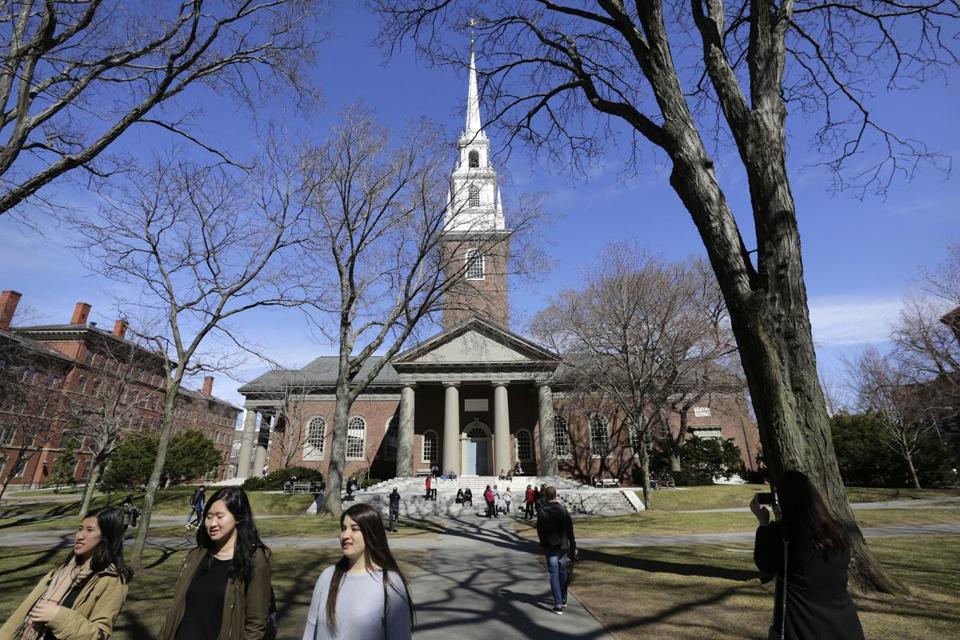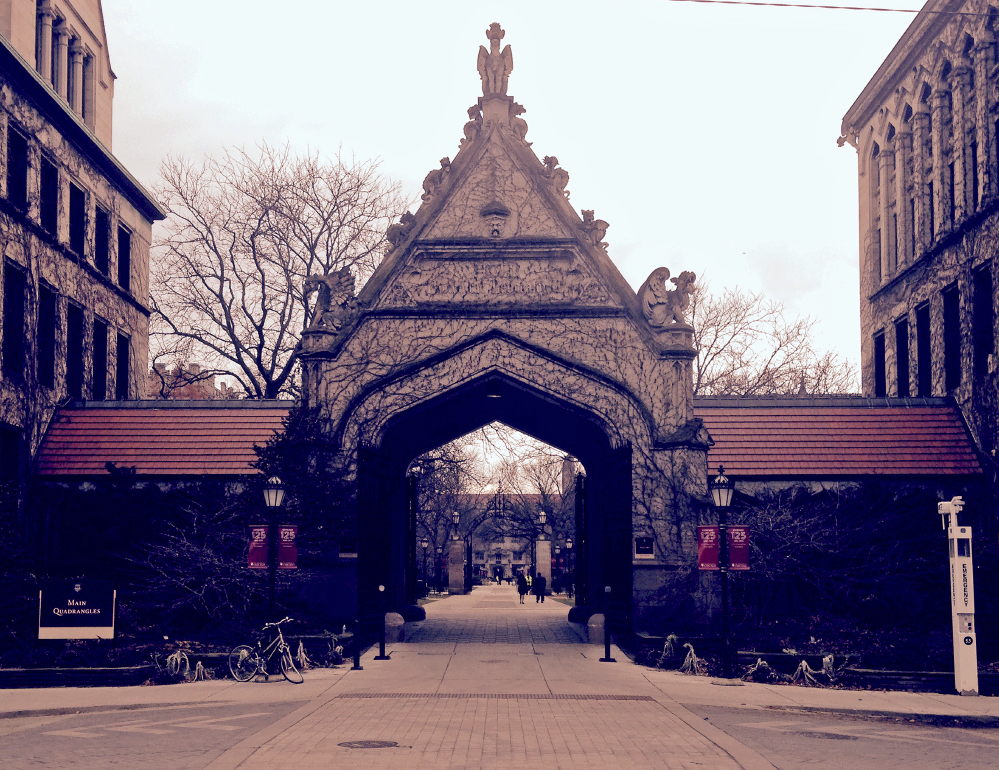WHEN PEOPLE OUTSIDE academia think about life inside it, we often imagine tweedy tenured professors who are blithely innocent of all earthly concerns. Yet more than 40 percent of the teachers at US colleges and universities are adjuncts — part-time faculty members who are paid by the course. Like TaskRabbits and Uber drivers, these instructors are in the vanguard of an unpredictable freelance economy.
Adjuncts on more and more campuses are responding in an old-fashioned way: by turning to a labor movement that, despite its flaws, is their best option for handling specific types of grievances.
Amid a national freak-out over the cost of college, marginally employed professors aren’t obvious objects of sympathy. Yet the surge in union activism among adjuncts reveals cracks in the American higher-ed model that universities would just as soon paper over.
via Adjunct professors unionize, revealing deeper malaise in higher ed – The Boston Globe.
Category Archives: In the News
U of Cs non-tenured faculty vote to unionize
An overwhelming majority of non-tenure-track faculty at the University of Chicago have voted to join the Service Employees International Union Local 73 — becoming the first faculty at a Chicago-area institution to embrace that union’s 2 1/2-year-old national “Faculty Forward” movement.
UC Doctors Strike Over Unfair Labor Practices
Adjuncts Are Underpaid, And This Group Wants To Help Cover Their Bills
New Congress seeks to redefine full–time work in health law via Inside Higher Ed
Adjunct Action Report Investigates Faculty Working Conditions, Advocates for Federal Labor Protections and Accountability from Employers
Tufts adjuncts tout pay and job security gains in first union contract @insidehighered
Service Employees International Union launched its Adjunct Action campaign less than two years ago, with an ambitious goal: take SEIU's metro-wide adjunct organizing effort in Washington, D.C. — which took years to establish — national, and fast. Drives were soon happening from Boston to San Francisco, leading to a dozen new unions.
Now Adjunct Action is touting its first successful contract negotiation, and adjuncts at Tufts University outside Boston are saying it could serve a model for the many contract negotiations happening elsewhere.
Highlights include significant pay increases, longer-term contracts and — perhaps most meaningfully — the right to be interviewed for full-time positions in one’s department.
Tufts adjuncts tout pay and job security gains in first union contract @insidehighered.
Precarious Academic Workers Are Pushing Back Against the Tenuous Track – Working In These Times
Shoving workers into the precariat like this is the manifestation of corporate greed. That’s clear because some retailers and restaurants including Macy’s, Bloomingdale’s, and Modell’s Sporting Goods stores in Manhattan make profits while treating workers fairly. In many of these cases, the workers are represented by unions that bargain for better conditions. That includes schedules posted weeks in advance, full-time work, vacation and sick pay and health insurance coverage.
Collective bargaining gives union workers more power to resist attempts by corporations to impose insecurity.
Precarious Academic Workers Are Pushing Back Against the Tenuous Track – Working In These Times.
Imagine how this would change our educational system!
National Adjunct Walkout Day Planned @insidehighered
What would academe look like without adjuncts? That question could be answered, at least for a day, on the first-ever National Adjunct Walkout Day, planned for Feb. 25, 2015. The protest to highlight adjuncts’ relatively low wages and working conditions – despite the fact that they make up the majority of instructors – is gaining traction on social media, including on Facebook and on Twitter at #NAWD.


